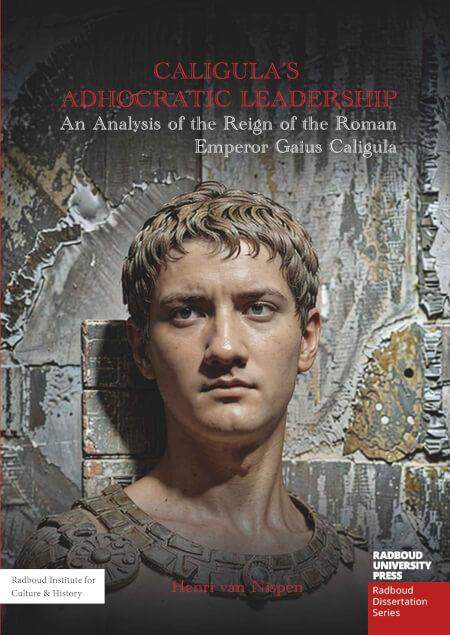Caligula's Adhocratic Leadership: An Analysis of the Reign of the Roman Emperor Caligula
Keywords:
Caligula, Julio-Claudian emperors, Adhocratic leadership, Roman imperial rule, Divine leadership, Imperial madnessSynopsis
The Roman emperor Caligula generally counts as the prototype of imperial madness. This study highlights the complexities of Caligula's reign in the dynamic context of Roman politics during the Early Principate. Characterised by arbitrary decision-making and personal exercise of power, Caligula’s leadership adapted to the unique context of the challenges posed by the senate. His attempts to consolidate power led to conflict and ultimately his murder. The study identifies two key factors: the Augustan mixed constitution emphasising consensus, and Caligula's unique lineage, which he manipulated to assert his divine status. His leadership was marked by visual power demonstrations, social group manipulation, and the creation of uncertainty. While conventional narratives often label Caligula’s reign as ‘madness’, this analysis reframes his actions within the context of adhocratic leadership, suggesting that a deeper understanding of Caligula's leadership style can inform broader leadership studies.

Published
Series
Categories
License

This work is licensed under a Creative Commons Attribution-NonCommercial-NoDerivatives 4.0 International License.

